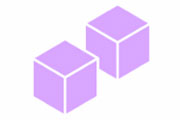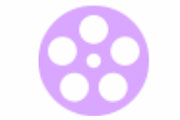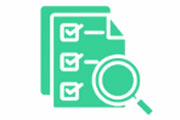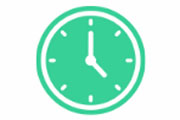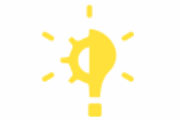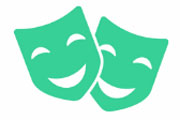The Value of Assessments: Unleashing Potential and Accelerating Growth
In an ever-evolving landscape of personal and professional development, the quest for unlocking human potential and accelerating growth is a constant pursuit. From educational institutions to corporations, individuals and organizations alike are seeking effective tools and methods to identify and nurture talent, optimize performance, and drive success.
Among the various ways of doing that, one methodology which stands out is that of Assessments.
Assessments have emerged as a robust tool for providing valuable insights into an array of factors such as talent management process, providing organizations with valuable insights into an employee’s skills, abilities, and potential, areas for improvement/development, and creating development plans that can support employees in their professional growth. The power of organizational assessments lies in their ability to provide data-driven insights to guide decision-making. In other words, by conducting assessments, an organization can gain a better understanding of its people, operations, processes, and culture, and use this information to make informed decisions about how to move forward or choose the correct course of action. Data from assessments can also help assessors align their learning objectives, develop learning plans and journeys, upskill, modify teaching-learning strategies and so on.
Here are some of the many benefits of using assessments in organisations:
Discovering Your Signature Strengths
Employee assessments around individual strengths, weaknesses or blindspots and untapped abilities are a significant area for organizations to invest in. The Thriving Index is one such tool which is a leading-edge, contemporary psychometric assessment grounded in the latest research in positive psychology and the science of strengths, along with a firm foundation in personality theory and traditional psychology. The tool has been registered with the British Psychological Society (BPS) since 2021. Measuring a total of 34 factors across 6 dimensions, The Thriving Index provides unmatched insights into what influences and drives the behaviour of individuals, leaders and teams.
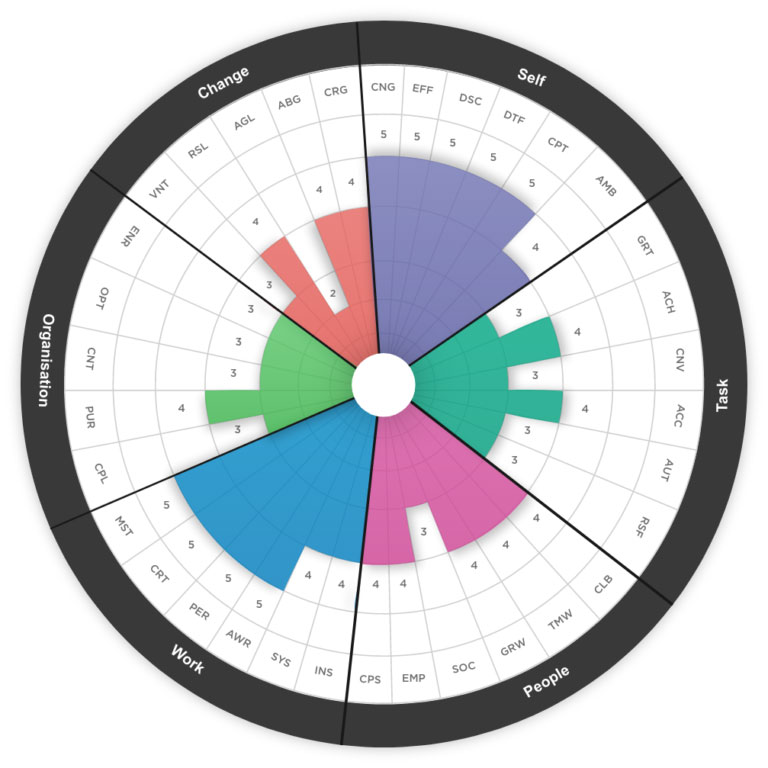
Majority of The Thriving Index factors differentiate high potential leaders from the rest, with 22% greater resilience, 37% higher efficacy, 23% more growth mindset and 4x times more accountability. By conducting this assessment, organizations can get a range of reports which provide not just in-depth insights into the respondent’s personal strengths and potential behavioral blindspots as a leader, but career paths, group dynamics, functional insights, leadership propensities and so on.
Workplace Wellbeing
Prioritising employee health and happiness is critical in today’s fast-paced and demanding world for both their well-being and the overall performance of organizations. “Bring Life To Work” is our signature wellbeing solution based on another assessment tool we use called Element X. The tool captures a range of determinants of well-being through an integrated framework consisting of 9 elements and 36 sub-drivers, providing an extremely comprehensive and contemporary view of well-being.
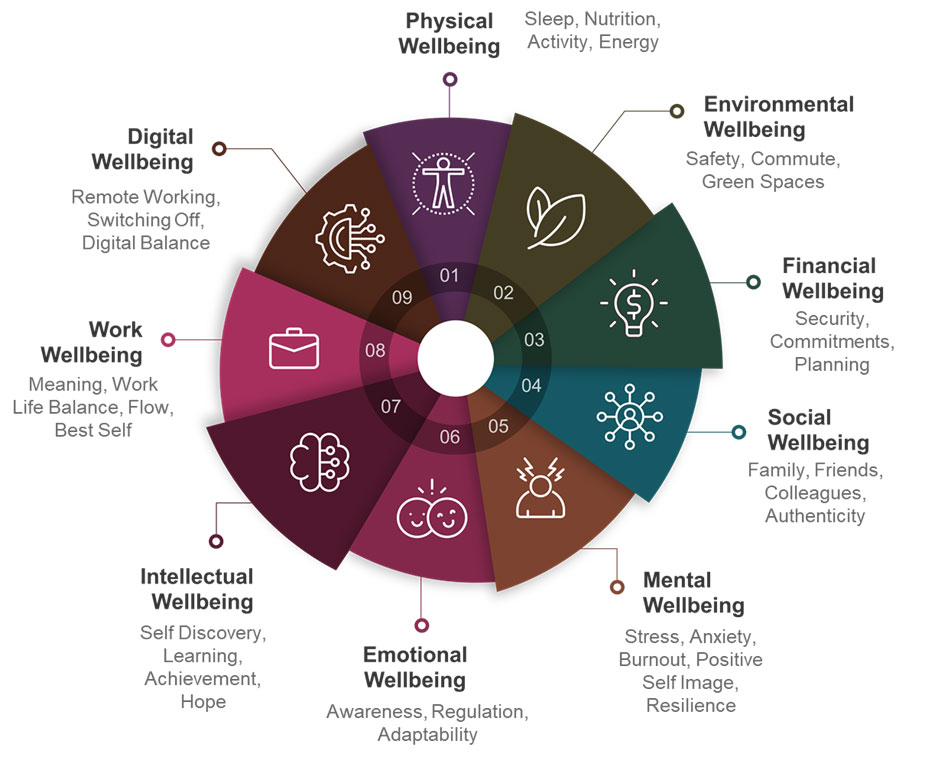
Ranging from the typical elements of well-being such as health, stress, burnout, challenge, access to green spaces etc. as well as those that have become increasingly important in our current lifestyles and working practices such as digital balance, working remotely, work life balance, feeling valued, recognition and many others. Organizations can establish a healthy and supportive work environment by investing in and promoting workplace wellness programmes and initiatives.
Increased Innovation
Stagnation can be extremely detrimental to an organisation. Achieving organizational and economic growth through innovation is key to staying afloat in today’s highly competitive world. By identifying areas for improvement and opportunities for growth, organizational assessments such as the Innovation Mindset Index can help unpack a person’s style of innovation mapped across five different Innovation Mindsets as well as benchmarking of innovation Mindsets for teams and organizations. The tool is a strength-based psychometric assessment that also identifies strengths and blind spots associated with each innovation mindset.

Company lifespans have never been shorter than they are today. Organisations worldwide recognise that business innovation is not only a core driver for creating and capturing new business value, but it is also the key to long-term business survival and success.
Improved Communication and Relationships
A great tool for understanding one’s own and others’ personalities is through the True Colors assessment which is essentially a personality profiling technique. The tool divides people into four primary colors: Blue, Gold, Green, and Orange. Each color indicates a different set of personality attributes or preferences and corresponds to a communication style.
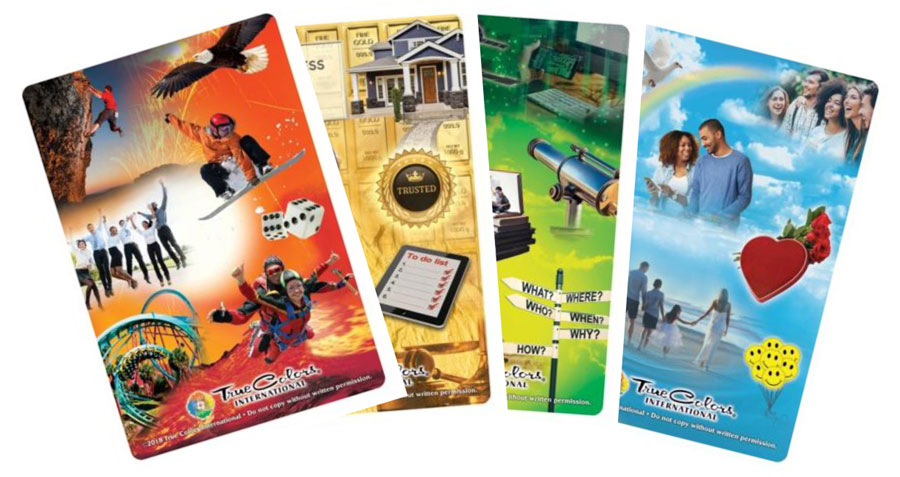
This tool has its roots in MBTI, but while MBTI is a complex and time-consuming tool, True Colors is a fun, easy, and effortless way to understand and discuss personality preferences. The belief behind True Colors is that with increased understanding of the self and others, individuals are able to appreciate the differences between each other which in turn will lead to improved teamwork, collaboration, and conflict resolution.
Unveiling Your Unique Self and Productivity of Teams
The Working Genius Assessment provides fascinating insights into one’s innate work styles. Developed by Patrick Lencioni in 2020, it is an online assessment which categorizes your approaches into six distinct geniuses: Wonder, Impeccability, Discernment, Galvanization, Enablement and Tenacity. It’s like deciphering a personalized roadmap on how you naturally contribute to teams. By uncovering your dominant genius, you gain valuable insights into how you collaborate, solve problems, and drive results.
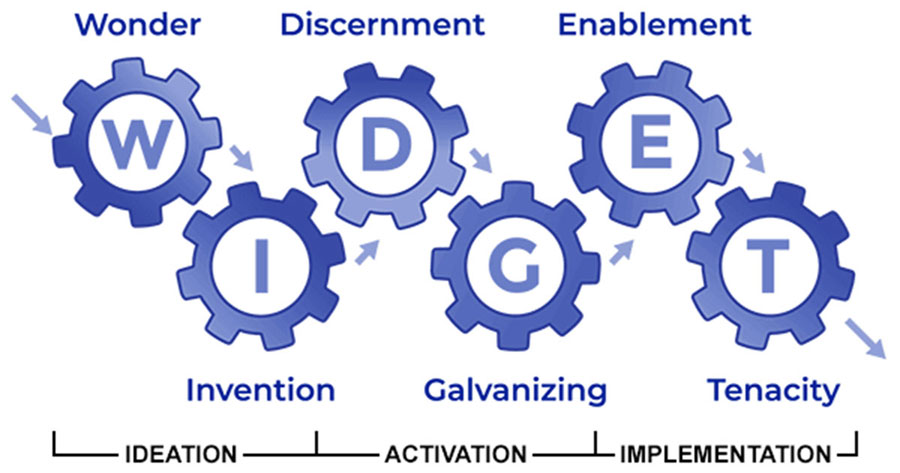
This assessment isn’t just about understanding yourselves but can also be a catalyst for building stronger teams because the tool encourages you to appreciate the diverse strengths each team member brings, fostering a more harmonious and productive work environment. In a world where effective teamwork is the cornerstone of success, the Working Genius Assessment offers a simple yet profound way to elevate your individual and collective potential.
Exploring your Group Styles
The Group Styles Inventory is another valuable tool that provides a unique window into the dynamics of teamwork. Developed by Robert A. Cooke, Ph.D. and J. Clayton Lafferty, Ph.D. to enhance collaboration and communication within groups, it offers insights into the preferred working styles of each team member. The inventory consists of 72 statements, measuring 12 group styles. Through highlighting factors that are helping or hindering your teamwork, it empowers you to change the way you think and therefore behave – leading to better cooperation, communication and consensus, more innovative thinking and better-quality decisions.
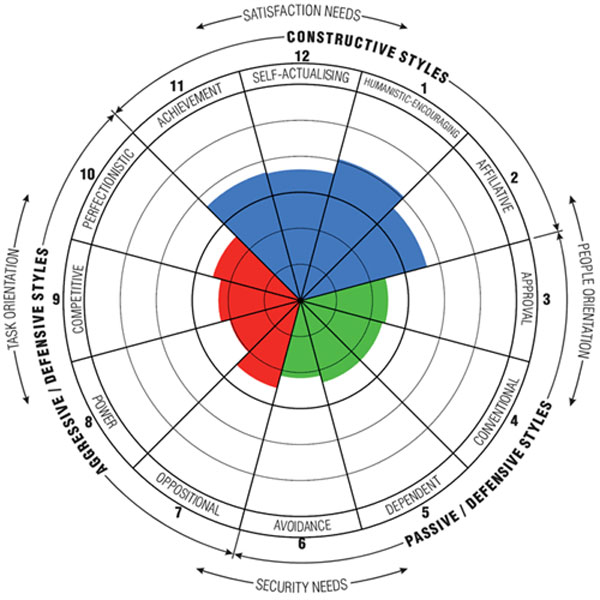
The tool also enables teams to harness a diverse range of talents, fostering an environment where every voice is valued and every role is essential. Whether you’re a team leader striving to enhance synergy or a team member seeking to understand your unique role better, the Group Styles Inventory is a guiding light on the path to achieving collective success. The Group Styles Inventory doesn’t just diagnose; it empowers!
As we continue to navigate this ever-changing world, assessments remain a crucial tool for staying ahead of the curve. They enable us to adapt, evolve, and thrive in a rapidly shifting landscape. By embracing assessments, we open ourselves up to new possibilities, tapping into the vast reservoir of potential that lies within each of us.
 Rishu Sharma is a Research & Design Intern at Syngrity. She has.a Master’s in Organizational Psychology and HR Development. Alongside her research experience, Rishu also teaches psychology thereby allowing her to combine academic prowess with practical insights to make impactful strides in workplace psychology and employee well-being.
Rishu Sharma is a Research & Design Intern at Syngrity. She has.a Master’s in Organizational Psychology and HR Development. Alongside her research experience, Rishu also teaches psychology thereby allowing her to combine academic prowess with practical insights to make impactful strides in workplace psychology and employee well-being.



 MALATI VASUDEVA
MALATI VASUDEVA VIKRAM BADHWAR
VIKRAM BADHWAR PRIYANKA KUMAR
PRIYANKA KUMAR SUMAL VARGHESE
SUMAL VARGHESE


